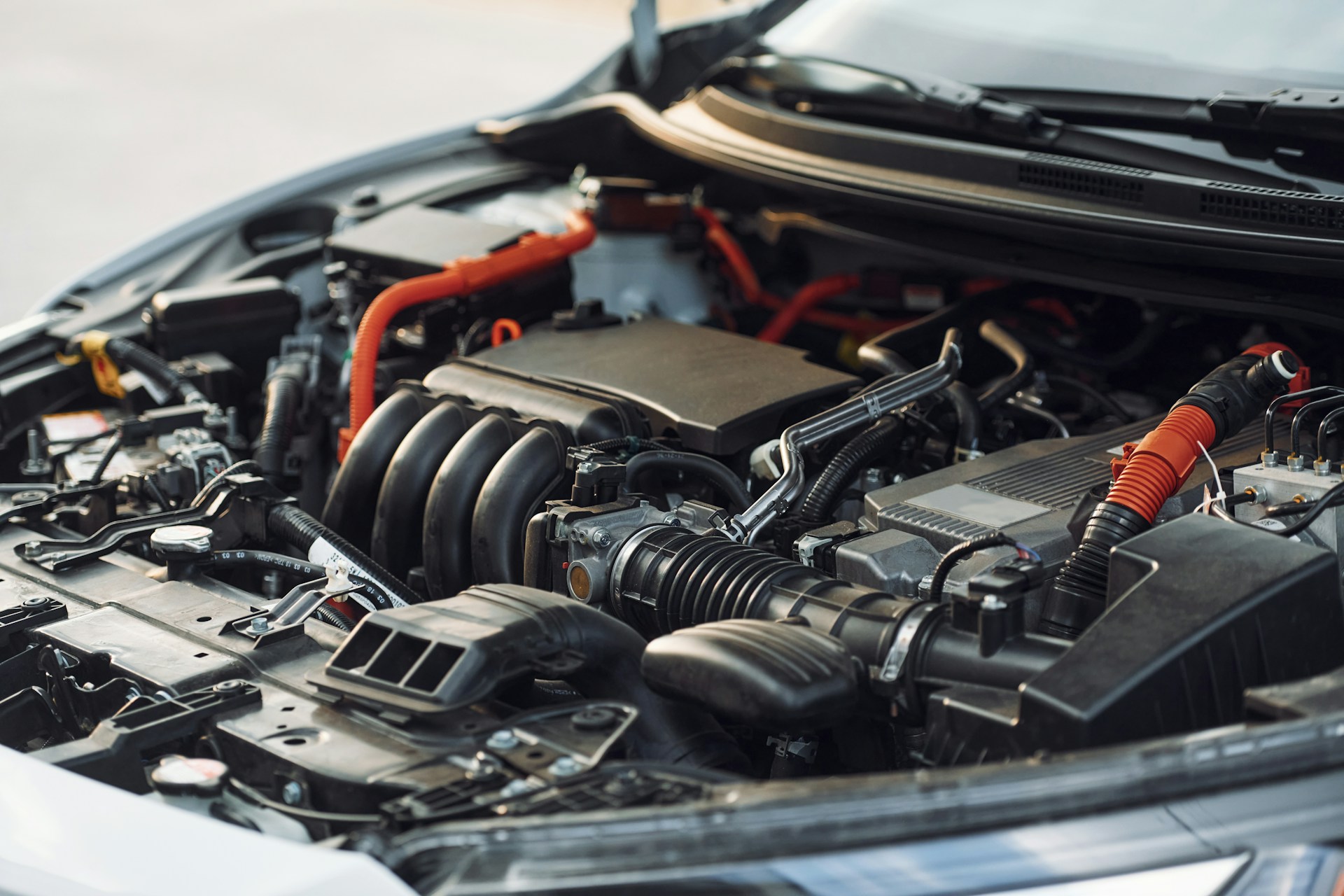
Dealing with a sudden engine failure can be a nerve-wracking experience, especially when you’re moving through the busy streets of Houston. Most drivers rely on their vehicles to get them to work, ferry the kids around, or make it to important appointments. When your engine suddenly gives up, it tends to catch you off guard. It’s not just an inconvenience; it’s a pause that demands quick thinking and fast action to ensure your safety and possibly save you from a bigger mechanical headache.
Understanding what an engine failure involves is the first step toward tackling the problem calmly. An engine failure occurs when the engine stops unexpectedly due to mechanical, electrical, or fuel-related issues. Imagine cruising down a sunny Texas highway, and suddenly the car starts spluttering before coming to a complete halt. This scenario highlights the importance of being prepared for such incidents and knowing exactly what steps to take to get back on track.
Spotting the signs of impending engine trouble before things get critical is important. Often, a car will give you subtle hints that something isn’t quite right long before it grinds to a halt. It’s like receiving a warning before the storm hits, giving you time to take shelter and avoid its worst effects. Here’s what to watch out for:
– Unusual Noises: Listen for knocking, hissing, or popping sounds. These can indicate problems under the hood, like a misfiring engine or loose components.
– Smoke: If you see smoke coming from under the hood or exhaust, especially if it’s blue or white, it’s a clear sign that something’s amiss.
– Warning Lights: Pay attention to dashboard lights like the “check engine” light or oil pressure warnings. Ignoring these could lead to bigger issues.
Understanding why these signs matter is key to preventing a complete breakdown. Think of them as cries for help from your car—it needs attention before things get worse. Dealing with them early can save you from being stranded and help maintain your vehicle’s overall health.
Keeping an eye out for these indicators might mean you won’t have to face the headache of engine failure when least expected. Regular maintenance and mindful driving can often keep these signs at bay, but staying alert to these dangers can make a huge difference in avoiding sudden engine stoppages.
When your engine fails while driving, staying calm is your best ally. Knowing what to do can protect you and your passengers and even your car. Here’s a straightforward guide to help you deal with this sudden event:
1. Pull Over Safely: Gently steer your car to the side of the road as quickly and safely as you can. Look for a wide shoulder, rest area, or any place where passing vehicles pose less risk. Activate your hazard lights to alert other drivers.
2. Stay Inside the Vehicle: Unless there’s immediate danger, remain in your car with your seatbelt fastened. It’s much safer than stepping outside, especially on busy highways.
3. Call for Help: Use your phone to contact roadside assistance or emergency services. They’ll know how to handle the situation and can help tow your vehicle to a repair shop if needed.
4. Stay Visible: If it’s dark or visibility is poor, consider using emergency triangles or flares if it’s safe to do so. This step enhances your visibility and safety.
Knowing these actions empowers you to manage the situation effectively, minimizing risk and helping ensure everyone’s safety.
Once you’ve reached safety, you might wonder what caused your engine to fail. While professional help is always best, here are a few initial checks you can conduct while you wait:
– Check for Leaks: Glance under your car to spot any noticeable oil, coolant, or other fluid leaks that might give clues about the problem.
– Inspect for Overheating: Gently pop the hood (if it’s safe and cool) and look for obvious signs of overheating like steam or a very hot engine to the touch.
– Listen and Observe: If the engine hasn’t completely died, listen for atypical sounds or smells. These might help a mechanic identify issues faster.
This basic assessment provides information that can be useful when talking to a mechanic, focusing their diagnosis and possibly speeding up the repair process.
If your findings suggest a major problem, such as a severe mechanical failure, replacing your engine may be the best solution. The idea of replacing an engine might seem overwhelming, but there are practical steps to take:
– Research Used Engines: Look into purchasing a good-quality used engine. Make sure to verify its compatibility with your car model.
– Consult Experts in Houston: Seek advice from local experts who can provide insights into the best options available and ensure the installed engine meets your car’s requirements.
Opting for a used engine can save money and still offer reliability. It’s a practical route that many take when facing significant engine trouble, offering a fresh start for your car without the cost of buying a new one.
Managing an engine failure is a skill not many anticipate needing, yet it’s exceptionally handy. Being prepared, knowing the warning signs, and understanding immediate steps to take are all part of driving responsibly. A peaceful and secure driving experience extends beyond knowing how to handle failures; it’s about regular vehicle check-ups and using high-quality parts to ensure that every drive is safe and sound.
Whether it’s through understanding the needs of your car better or seeking help when things go wrong, taking these steps can help ensure you’re not left stranded on the road. With this knowledge, you’re more equipped to handle engine failures and keep rolling forward without unnecessary stress or disruptions.
For anyone dealing with engine troubles, finding the right solution can make all the difference. If you’re considering a used engine in Houston, explore the options available through Airline Auto Parts. Their expertise and quality engines ensure reliability and performance, getting your vehicle back on the road with confidence. For peace of mind and expert guidance, reach out today and see how they can assist in finding the perfect fit for your vehicle.
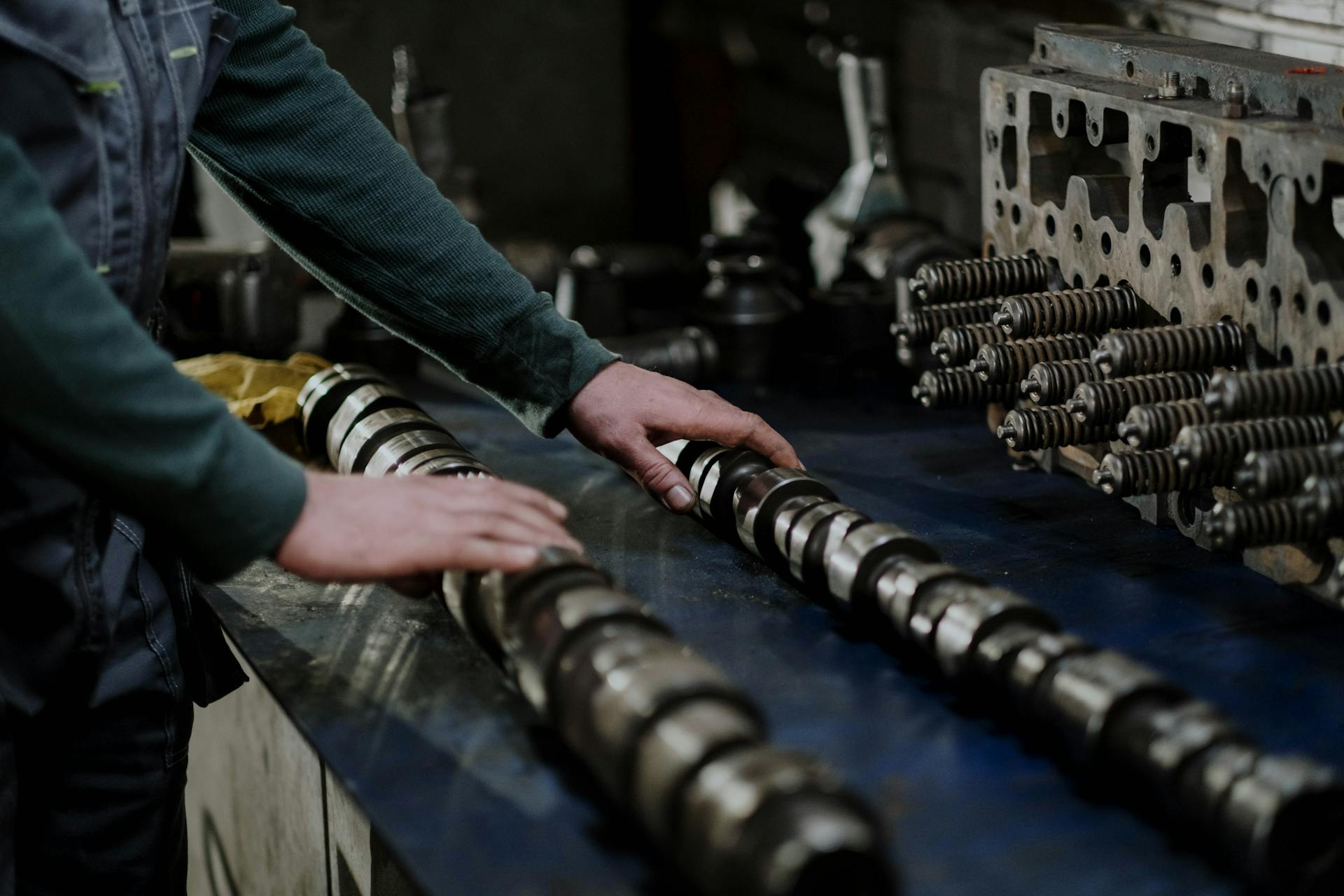
February 8, 2026 What To Ask Used Car Parts Dealers Befor...
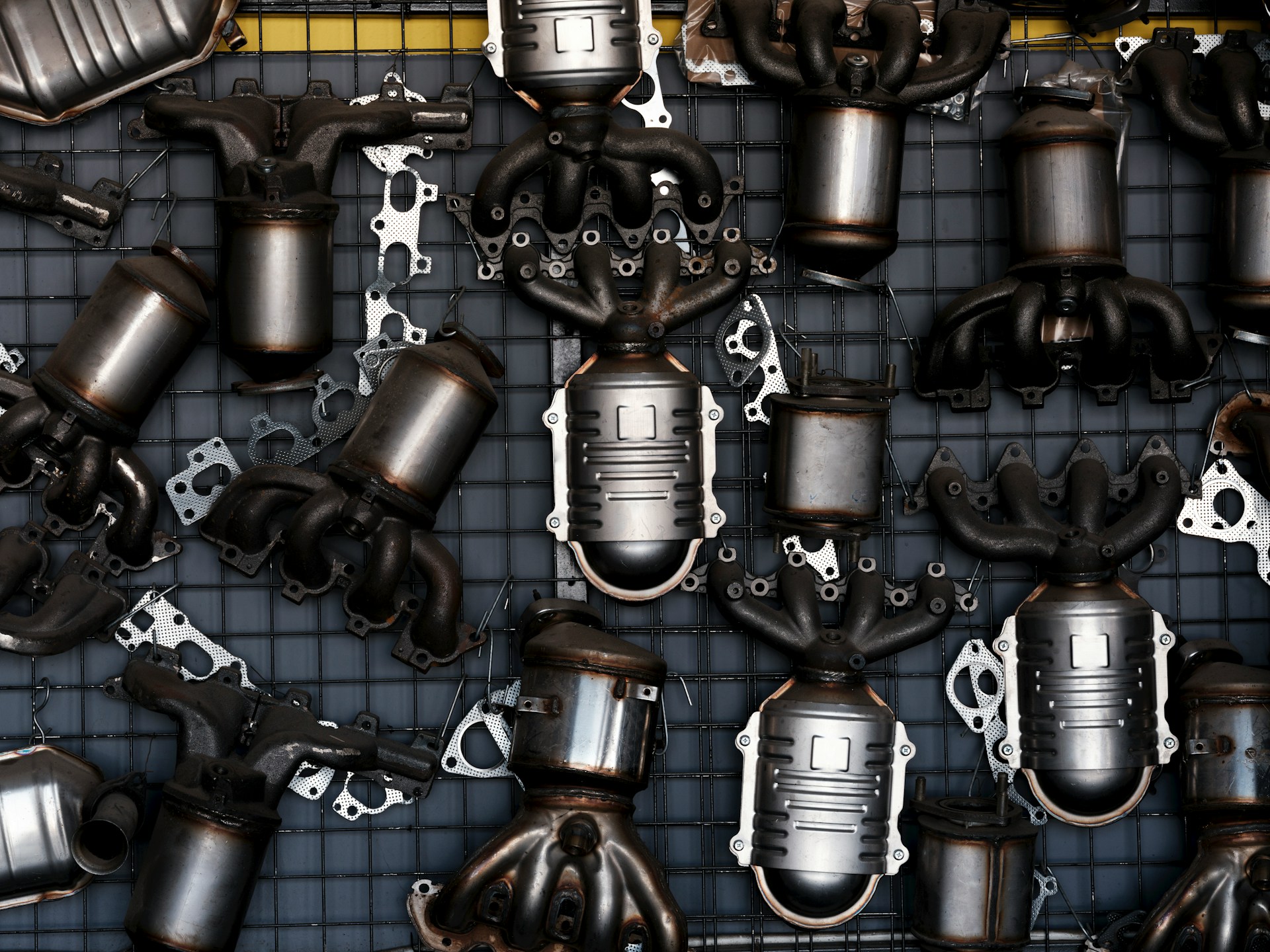
How Used Vehicle Spare Parts Help With C...
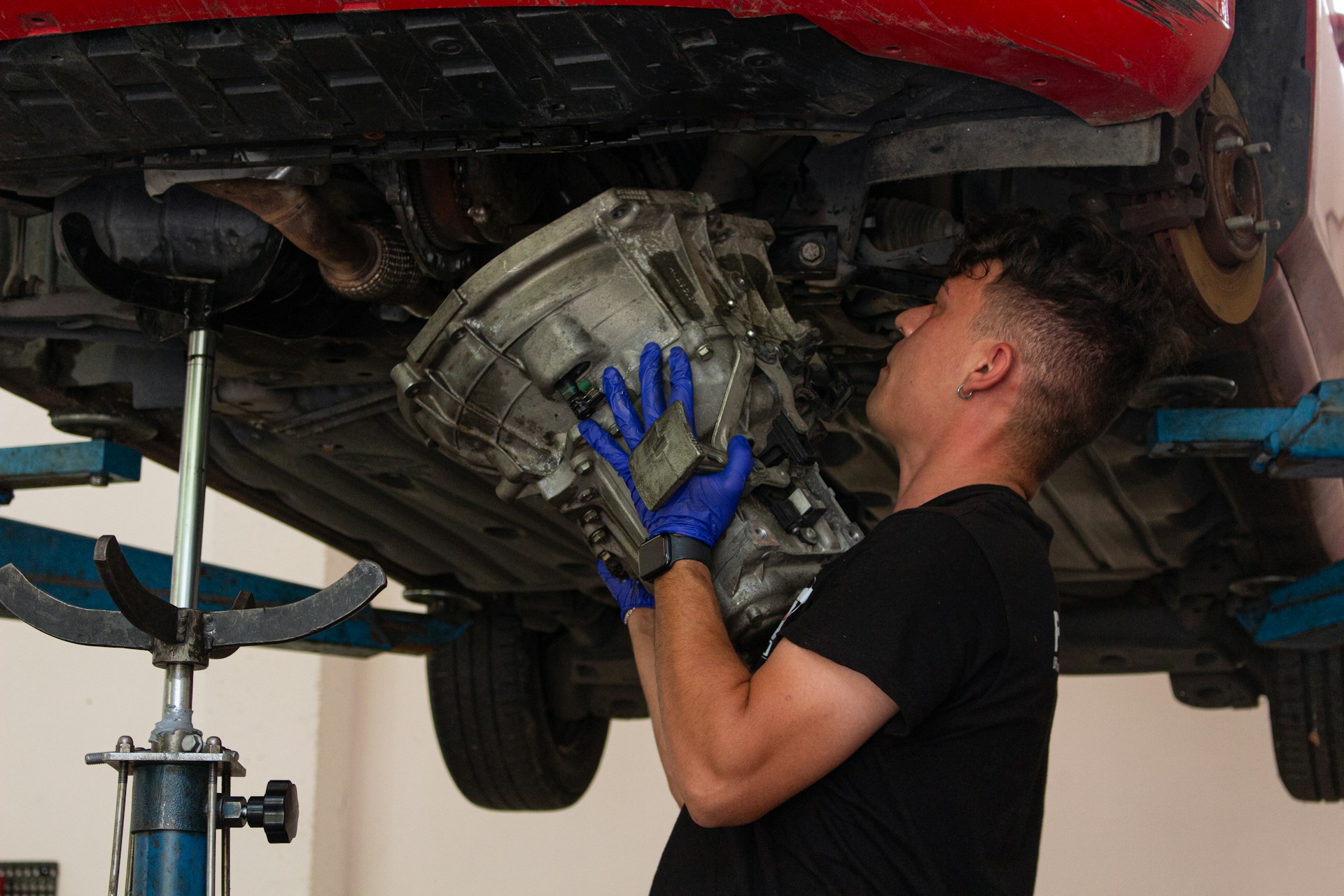
February 1, 2026 Where To Start With Used Parts In Housto...
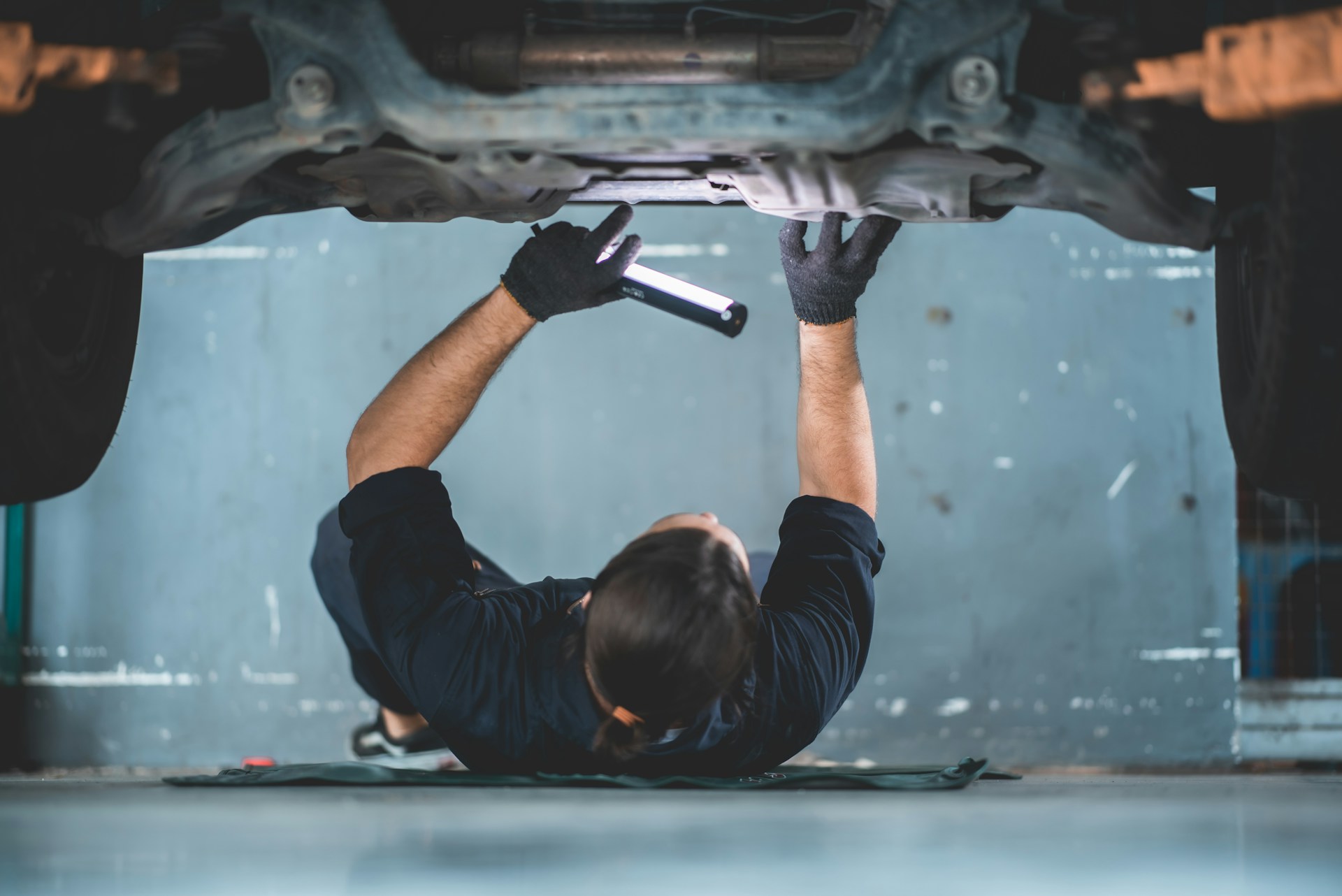
What To Expect From Car Parts In Houston...
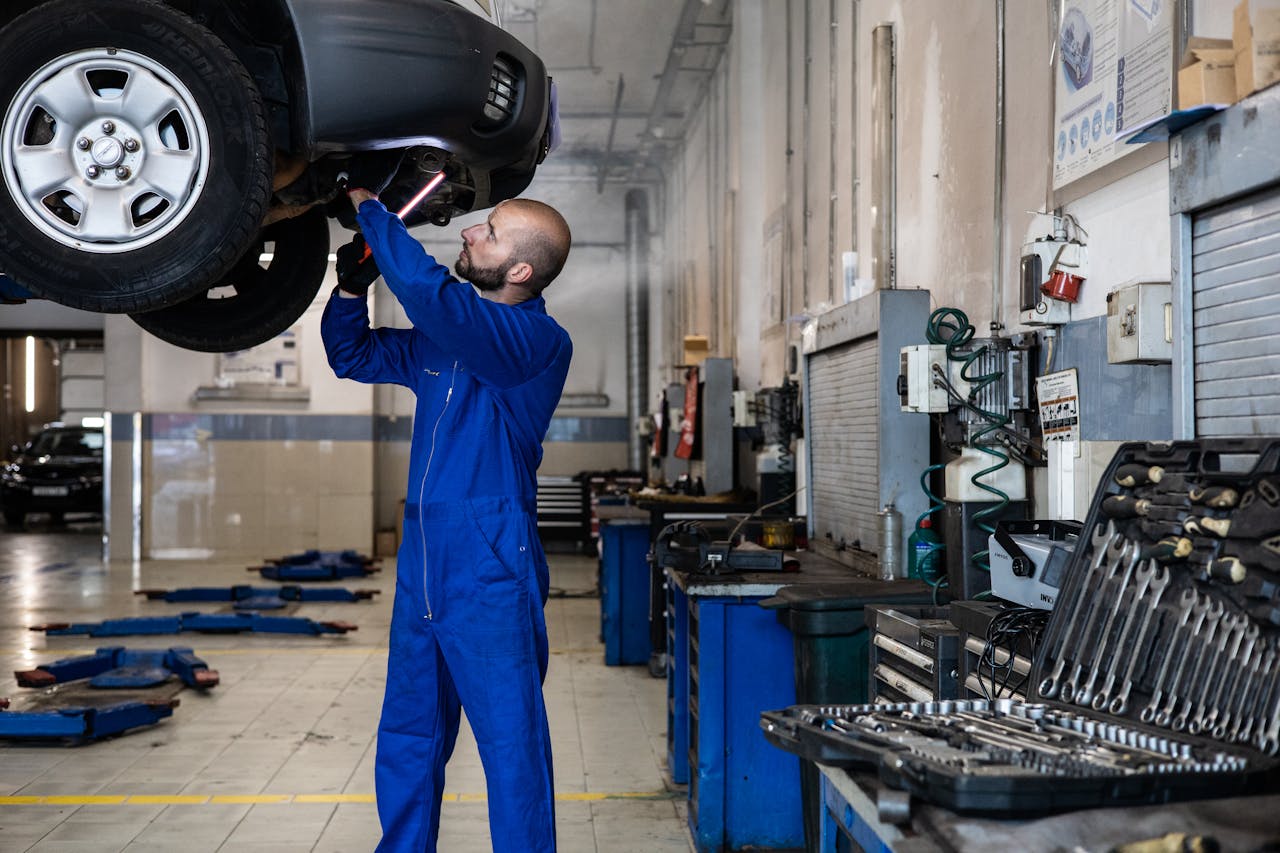
January 25, 2026 Why Used Auto Parts Matter More During W...

Hidden Risks Of Salvage Car Parts In Hou...

January 18, 2026 The Right Time To Buy Used Parts In Hous...

January 11, 2026 Everything To Know About Used Diesel Eng...

Common Warnings Before Buying Second Han...
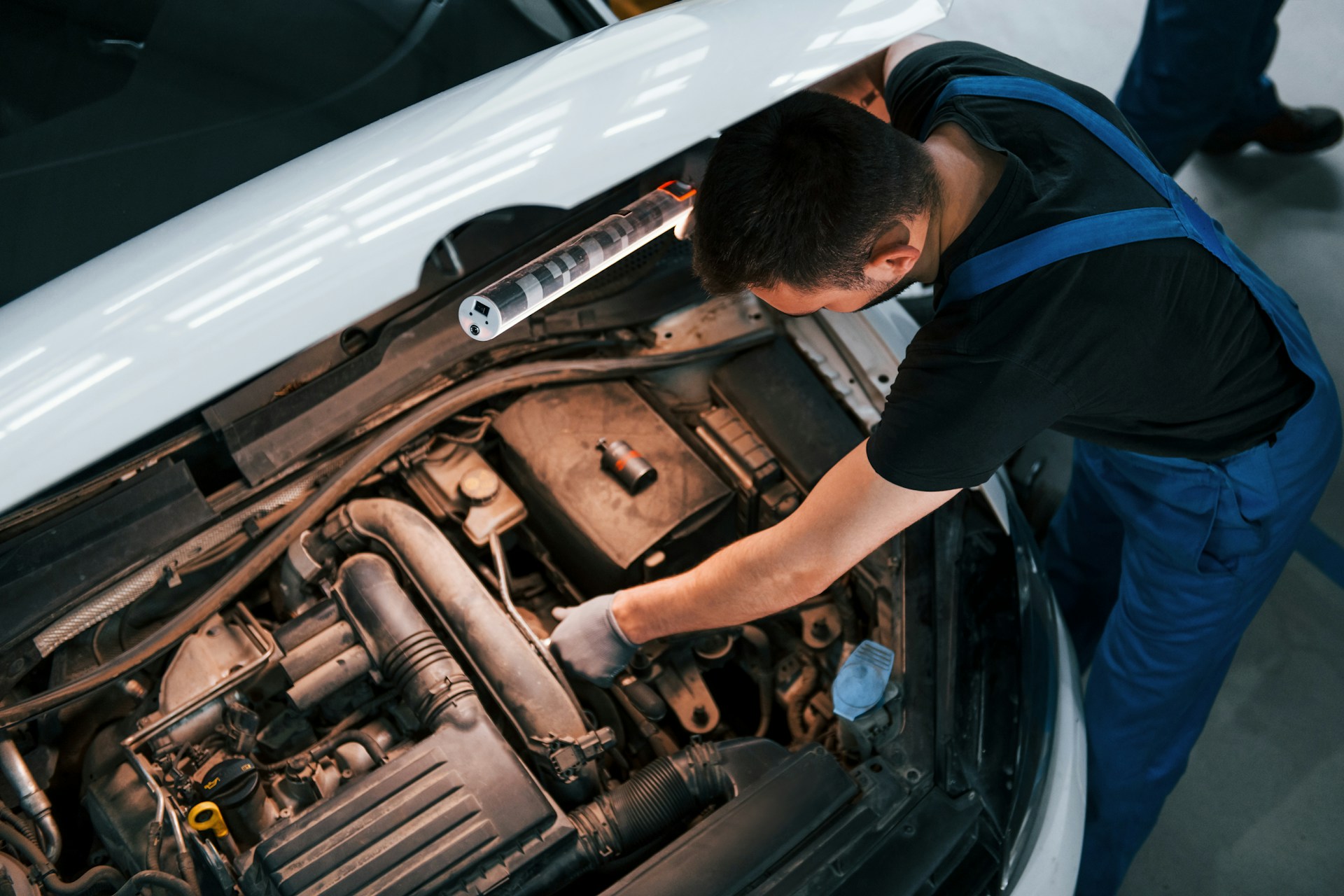
January 4, 2026 What Happens When A Used Automatic Trans...
Leave a Reply
You must be logged in to post a comment.